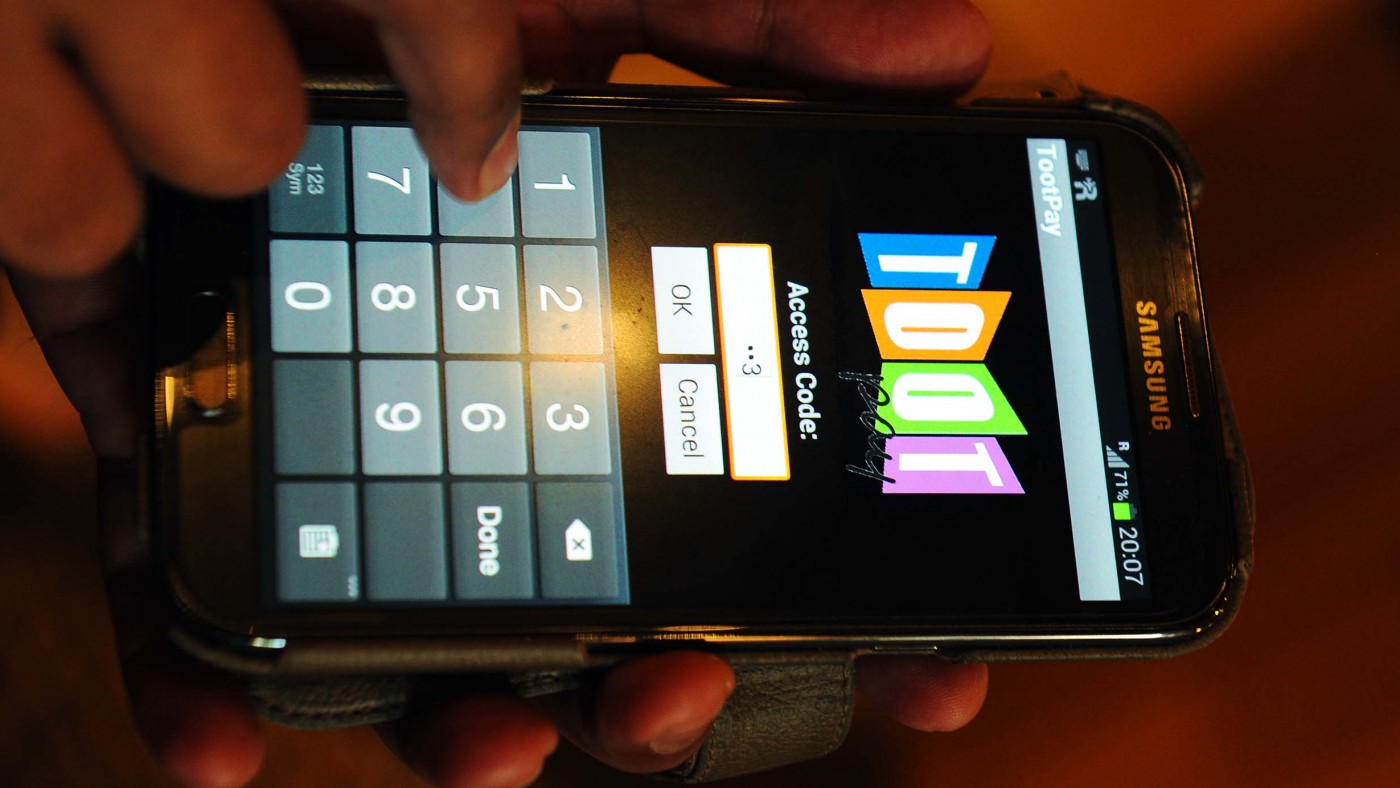I am of the age (only just,) where I can remember my family home not being connected to the internet, not even having a PC actually. Now, just a few years later, I am connected to high-speed internet constantly, and normally via multiple devices at the same time.
The pace of technological change is staggering, and has proved terrifying for many. Just ask any London black cab driver, still clutching desperately to their Knowledge certificate, as Uber drivers and their mobile phone app scoop up all the customers.
That fear has permeated other industries too, where many workers, particularly lower paid white-collar workers, have seen themselves superseded by technology. It is entirely understandable that people in that situation would feel aggrieved or resentful.
I suspect the people who used to re-write Bibles felt similar when the printing press came along, and I’m sure that the horse and cart drivers did not appreciate the emergence of the car. However, those things improved people’s lives then, as web based technology is making undoubtedly our lives better now.
Yes, there is the data mining, and security risks, that as consumers we must be aware of. Watching a video of a couple of ordinary looking guys in tracksuits using a phone and a laptop to stop a Jeep Cherokee at 70mph, all while sitting in their home, is enough to make you wish for a simpler time.
That is totally misguided though, as ultimately technological development is a liberating force, a freeing force, and a force for good.
Let’s go back to the Uber example. Now you do not have to pay into an enforced monopoly by pulling over a black cab, or run the gauntlet of a mini-cab firm, but can safely hop into a car within minutes, without having to find a cashpoint, and at a vastly reduced cost.
I know as a young, single, woman I’m far happier being out and about at night knowing a safe ride home is only a click away. The drivers too have far more flexibility in their working lives, thanks to the technology.
In banking, technology is also disrupting the industry to give the consumer far greater choice. Online-only bank Atom was given its official banking license last month, and others are set to follow soon.
The sleepy old institutions, for so long able to get away with whacking on fees at will, and never being open when customers want them, are under pressure to change now that the bank branch can be in your hand the whole time. It is all good news for the ordinary consumer.
In the developing world, an area of the globe where a handout is so often favoured at the expense of a free-market hand up, cheap access to data is allowing people to become entrepreneurial. Many of those starting micro-businesses with little more than a mobile phone, a data package, and an idea, are women, who are finding a new found income and independence.
It is easy to mock Google, Facebook and others tech giants trying to bring internet and technology to those countries, often via weird and wacky schemes – internet providing hot air balloons or drones anyone? – but for those individuals now getting connected, the change is truly empowering.
Google’s hot air balloons are now able to provide high speed 4G and LTE connectivity, and stay in the air for six months, the company’s senior vice president of products Sundar Picha Mobile World Congress said in March. He also said that Google will be able to be provide speedy access to data to those poorer places much cheaper via this method, than by traditional cell towers.
The reason why some of the world’s biggest firms are taking on this challenge is clear, and it has got little to do with the pursuit of new customers. Technology helps people to improve their lot in life, whatever situation they are currently in. If anyone can benefit from it, it is those in the poorest parts of the world.
The Great Firewall of China provides further proof of technology’s liberating ability. The communist regime there see the western web as too dangerous, too full of challenging ideas and information, so it cuts off access to for its citizens.
Too right the web is a challenge to authority, and long may it remain so. Never before have we mere citizens had more access to information than we do now. Every silly e-petition or dodgy “infographic” is more than weighed out by the increased transparency provided by services such as data.gov.uk. As data storage becomes ever cheaper, and our ability to search that data becomes faster, it will be harder and harder for government to hide things from the citizenry.
With social media, politicians are forced to get close to the people like never before, with question and answer sessions on Twitter or Reddit, and Facebook pages where people demand answers. It is not just an echo chamber, but another method of holding the feet of those in power to the fire.
It is easy to dismiss technology as elitist, or even ephemeral, but nothing could be further from the truth. As is so often the case when free markets take hold, technology has been the most empowering for those who previously had the least power, the most cost effective for those feeling the pinch on their pennies.
We need to remember that technological advancement is not all about hoody-wearing computer science students at MIT, Silicon Valley brogrammers, or trendy Shoreditch start-ups. It is a cultural shift that is about making our lives freer, cheaper and healthier.
The pace of that change is truly staggering, and somewhat terrifying. We need to fight that fear though, because technology remains the most liberating force we have.


